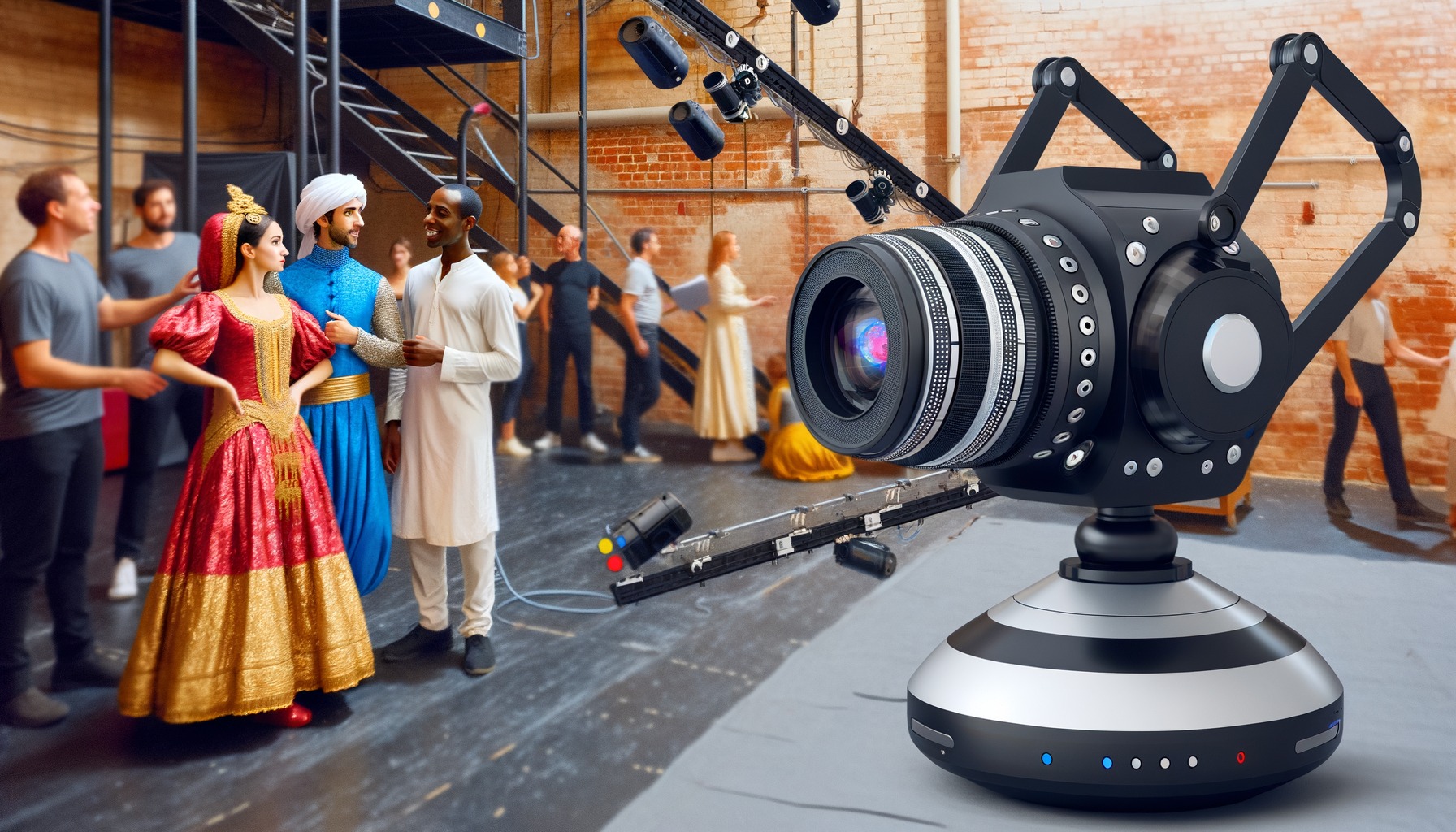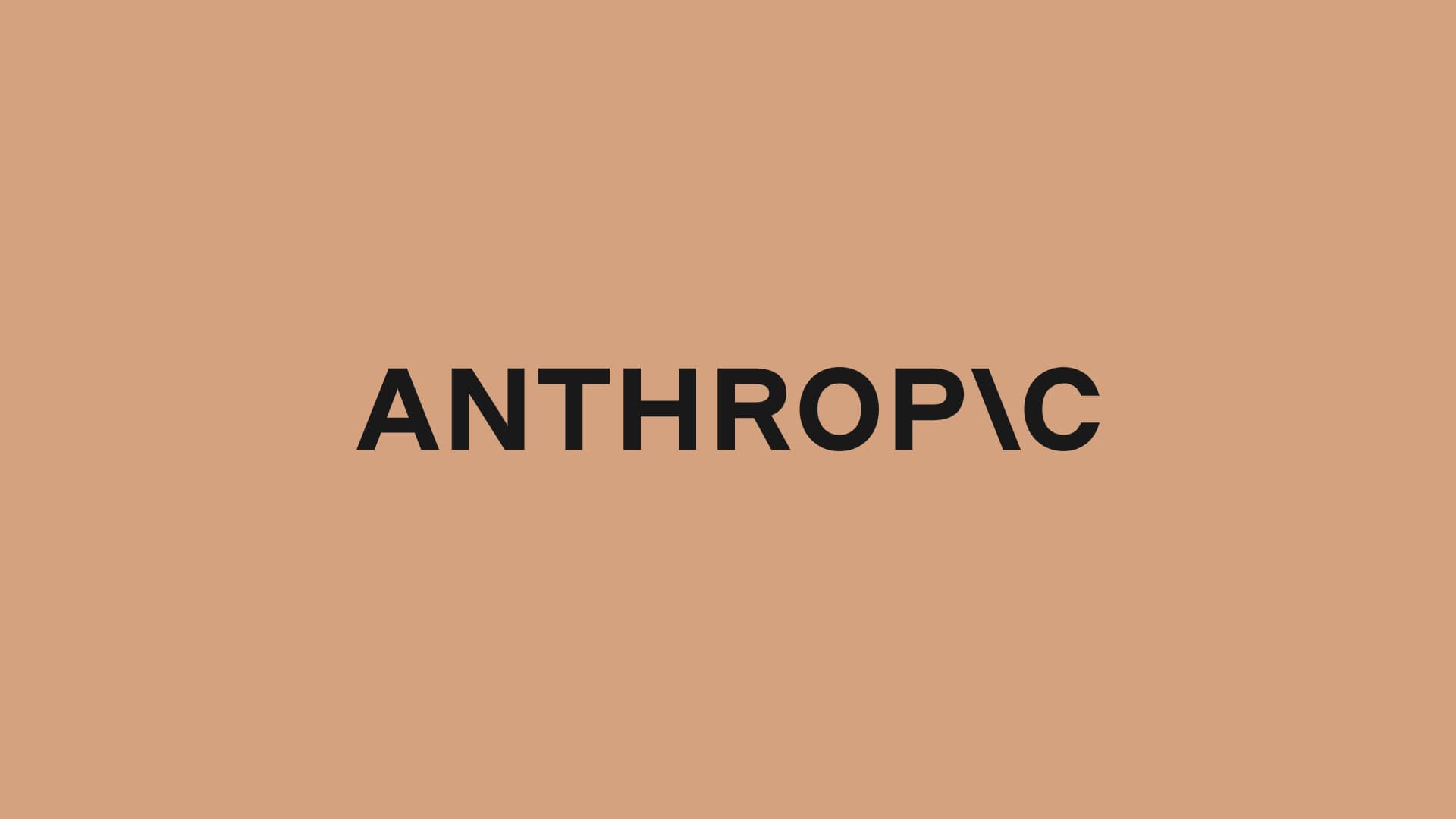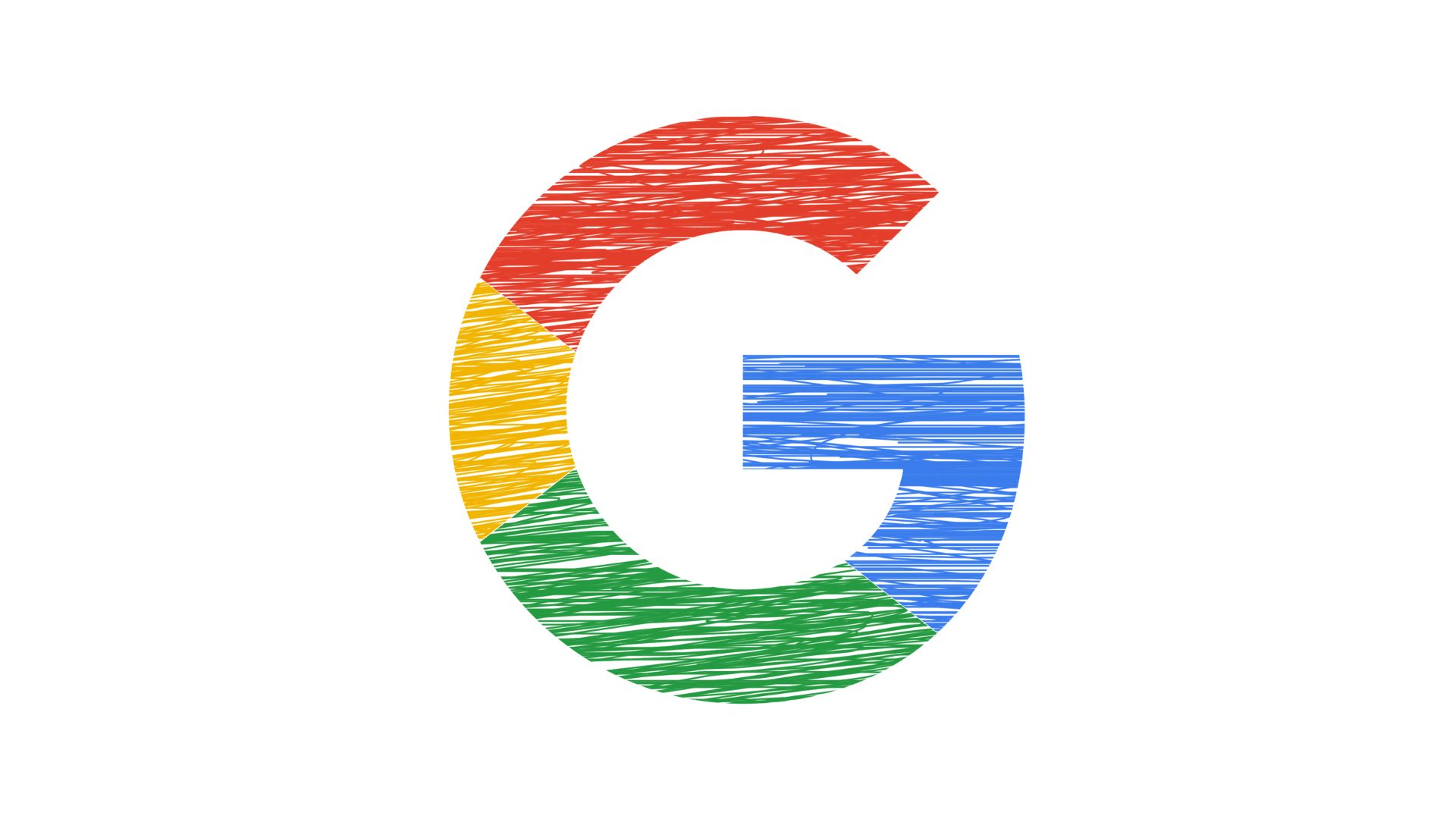The US tech giant Microsoft is expanding its AI strategy by integrating Anthropic’s Claude models into Office 365, adding them to apps like Word, Excel and Outlook instead of relying solely on OpenAI.
Internal tests reportedly showed Anthropic’s systems outperforming OpenAI in specific reasoning and data-processing tasks, prompting Microsoft to adopt a hybrid approach while maintaining OpenAI as a frontier partner.
The shift reflects growing strain between Microsoft and OpenAI, with disputes over intellectual property and cloud infrastructure as well as OpenAI’s plans for greater independence.
By diversifying suppliers, Microsoft reduces risks, lowers costs and positions itself to stay competitive while OpenAI prepares for a potential public offering and develops its own data centres.
Anthropic, backed by Amazon and Google, has built its reputation on safety-focused AI, appealing to Microsoft’s enterprise customers wary of regulatory pressures.
Analysts believe the move could accelerate innovation, spark a ‘multi-model era’ of AI integration, and pressure OpenAI to enhance its technology faster.
The decision comes amid Microsoft’s push to broaden its AI ecosystem, including its in-house MAI-1 model and partnerships with firms like DeepSeek.
Regulators are closely monitoring these developments, given Microsoft’s dominant role in AI investment and the potential antitrust implications of its expanding influence.
Would you like to learn more about AI, tech and digital diplomacy? If so, ask our Diplo chatbot!










